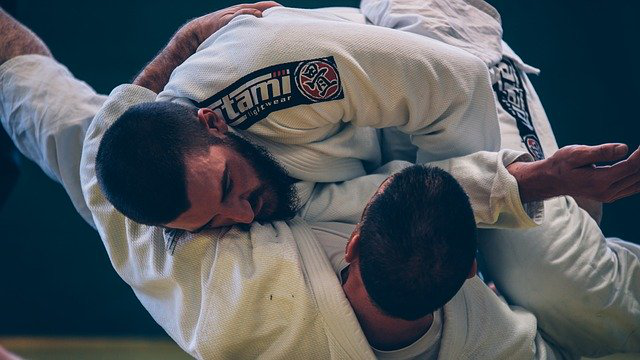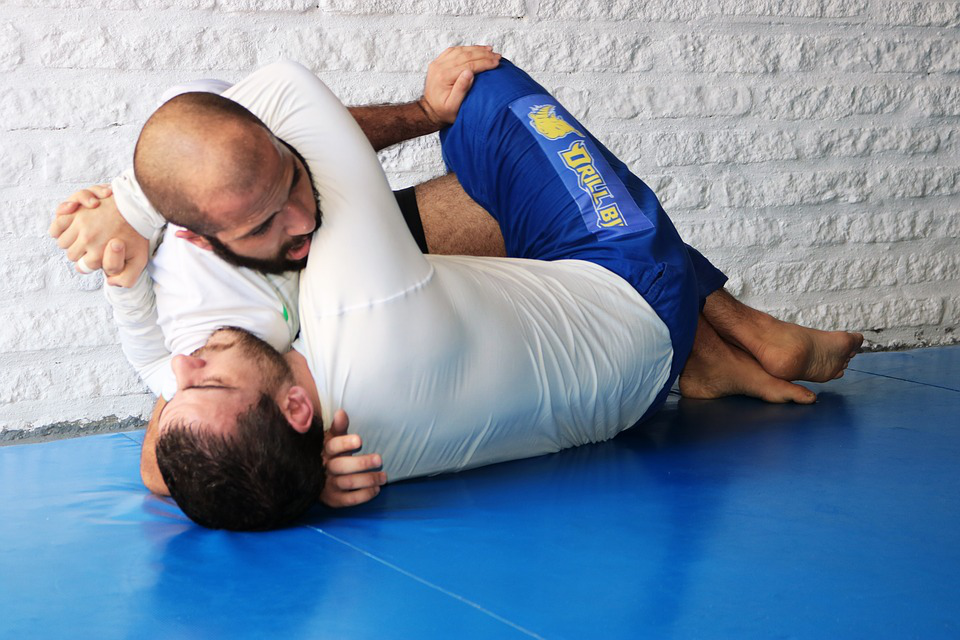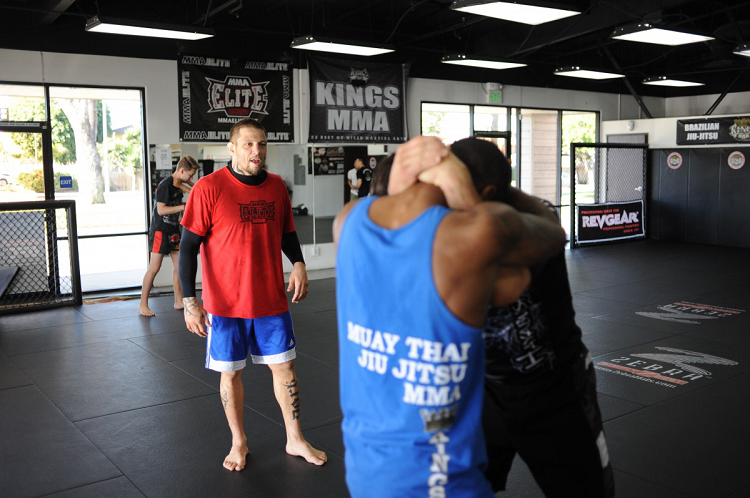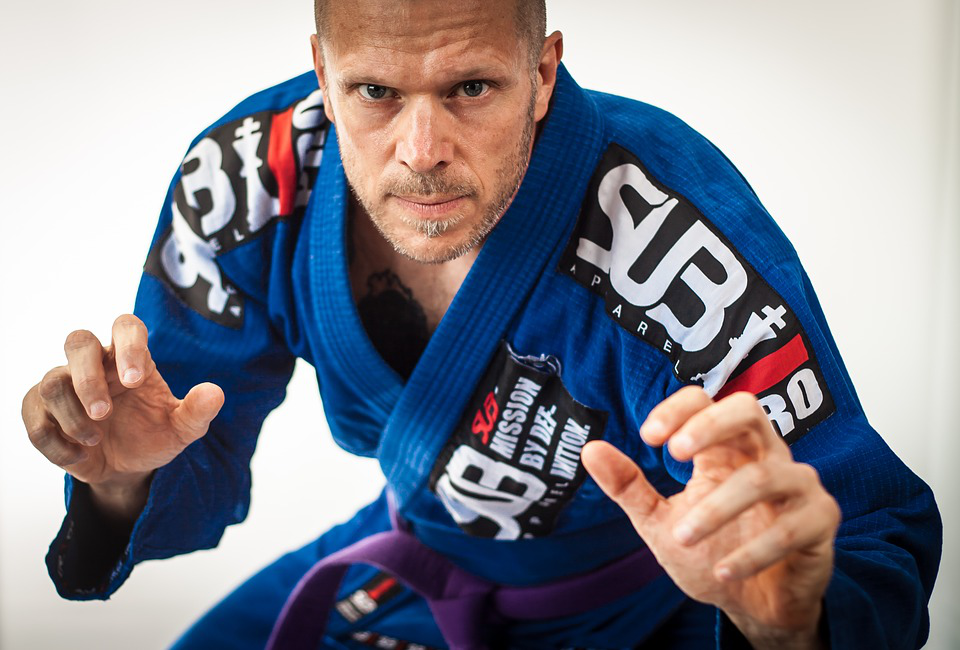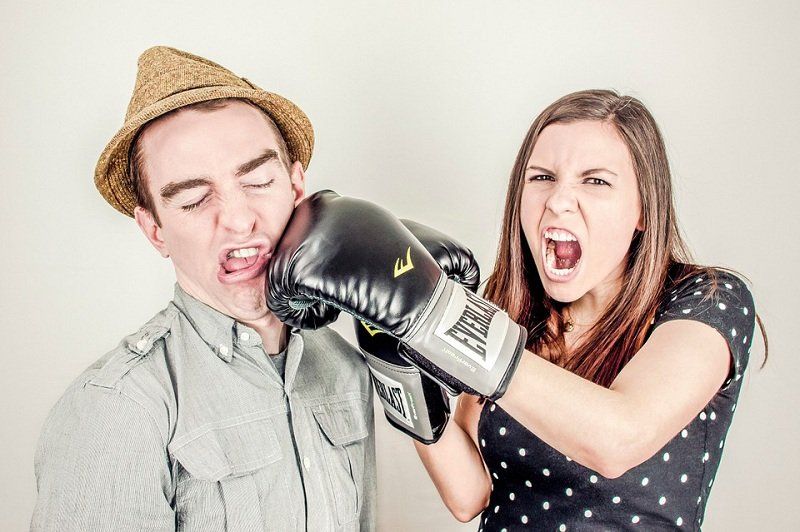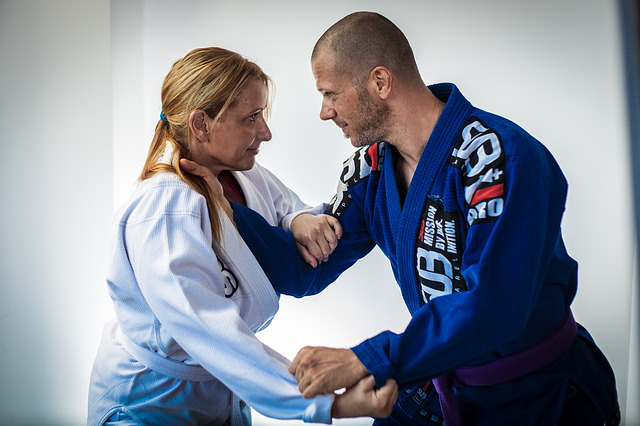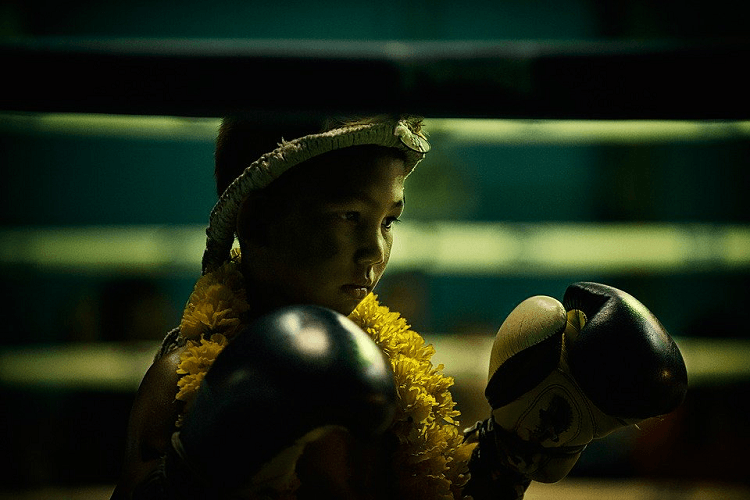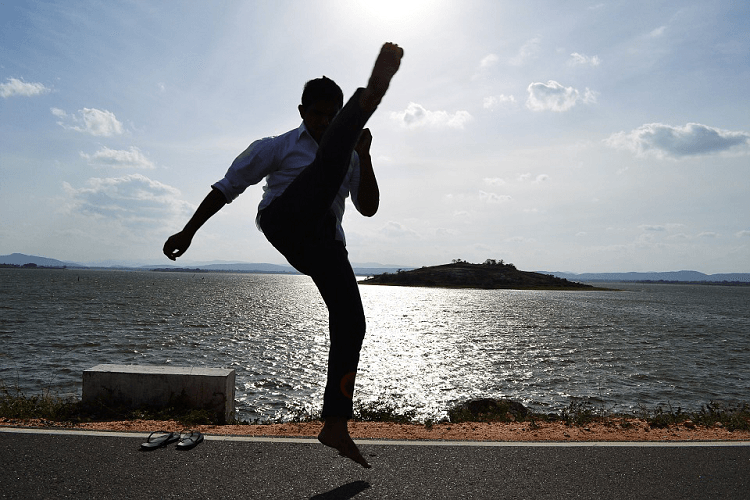Discipline, Patience, Confidence and Constitution...
Discipline, Patience, Confidence and Constitution:
Facilitating Balance, Harmony, and Success
through Degrees of Pressure
In current times where we see an increasing desire for immediate gratification and an ever growing culture of entitlement, we humans appear to be more frustrated because we have not had the time to develop the discipline and patience to cope with failure/adversity. This lack of discipline and patience can contribute to a series of crushing experiences for many. These experiences can result in feelings of inadequacy, and consequently individuals may enter into a spiral of apathy and disbelief in themselves.
As a parent, school teacher and life long martial artist, I see these types of situations every day and want to help, and this is where the benefits of Martial Arts training (Karate, Jiu-Jitsu, Self-Defense) can come into play. In a fast-paced world of instant gratification, Martial Arts training can aid in teaching both children and adults how to “slow it down”, so that they can develop the patience and discipline required to achieve long-term goals. One of the first steps in learning to address conflict and adversity is as simple as looking to past experiences in order to learn from mistakes (and from prior successes). Yes, that is correct - it takes hard work and reflection to develop the constitution to face life’s little (and big) challenges.
What do we (SMAA) do to assist with the long term goal of reframing past experiences, moving forward, and how do we do it?
At SMAA, we provide a safe, respectful, structured environment with the goal of reassuring everyone who comes in the door that they as a person (little or big) will be secure, safe, and respected. From this emerges trust and confidence. Patience will evolve over time and through the commitment of the student and the teacher as they frame a pathway to success for achieving goals. But the cornerstone is trust through respect.
In this vein, trust and respect does not mean “bowing” to some overbearing Dojo lord - we teach people to honor themselves first and foremost. Until you learn to respect yourself, you will never be able to respect others or build relationships of trust. As you learn to respect yourself, you then grow to respect others and all of the work that you have done to kindle that fire inside that you have cultivated over time. This “fire” inside becomes a passion for life that allows you to face your conflicts and adversities each day so that you can achieve whatever goals you desire.
This disciplined approach to self-improvement is the heart of true Budo/ Martial Ways. To disrespect this in any fashion is to disrespect yourself, your family and all those associated with you. It is an honor and responsibility to fulfill your duty to yourself and others so that all may grow in time. This will determine your purpose and contribution to a life of harmony or strife.
Commitment to the task of self-improvement requires long-term discipline. This means getting yourself off the sofa no matter what, even if your arm or leg is in a cast. This does not mean that you abuse your body, or force yourself to physically perform when you are injured. This simply means that you keep your mind alive, continue to nurture the “fire” inside, and you never quit - you always work to create the most from your circumstances, and perform at your best with whatever tools you have available. You must continually stoke the embers, in order to keep the fire burning. We can all make excuses to avoid any sort of labour. However, the requirements of true self-improvement are limitless and have no bounds. A fraction of what there is to learn, is gain that has to wait for your effort and this should not be marginalized. Your potential is limitless and hence, your outcomes boundless, and your options are unknown until you commit to continuous self-improvement.
Gichin Funakoshi was an Okinawan Karate master credited with first bringing Karate to Japan, and with it he brought 20 precepts, or lessons for any martial arts student - one of these specifically references the need to continually stoke the embers of your fire, when he instructed us that:
Karate is like boiling water that will again grow cold, if you do not continually apply heat
The lesson in this precept is not about your development of Karate basics, or your skill as a martial artist. Funakoshi’s precepts represented a philosophical lesson to all in life, and this particular precept speaks to the principles of discipline, continued improvement, and never allowing distractions to sway you from your destination - continually applying heat to build that internal “fire” inside of you. Once you understand and embrace this principle, the only person that can ever quench the fire is YOU.
Another of Funakoshi’s precepts has helped me many times, both in competition, and in my daily life. It is a great lesson for anyone that continually faces adversities in life, and can teach anyone an excellent mindset when facing an uphill battle:
Do not think that you have to win … think rather, that you do not have to lose.
This becomes a powerful lesson for us all, and the lesson does not mean that you should be afraid of striving to succeed - humility is not the focus of this precept. However, stamping out your pride, and suppressing an overactive ego can help you greatly in working your “way up the hill” of conflict in life. Often, we become so focused on winning, that the fear of failure prevents us from ever beginning the journey. This very fear of loss has sidelined many great champions who cannot let go of the fact that they are not invincible - we are all subject to failure, but the question is “what will you do once you have failed?” Will you get up, dust yourself off, and keep running the course, or will you bow your head and walk home?
We all have fears in life - some that are inherent, and others that are learned through negative experiences. Panic kills, and fear decimates, but once we learn to surrender pride and ego so that you no longer have a “fear” of losing, it becomes much easier to focus on the positives of “winning”. And if you lose? So what! You get up, dust yourself off, and you continue running the race. You tune out distractions and dejection from others and you stay the course.
This reminds me of a real-life lesson from an old, but very tragic occurrence that demonstrates this principle in action. Many of you may have seen the 1970s movie “The Hindenburg” that recounts the 1936 disaster that befell the German airship. This was one of the first movies I saw as a young child and it impacted me greatly, but most do not know the details of the true story. As the mighty airship was burning and crumbling to the ground, fear and the instinct of natural preservation caused the Navy sailors attempting a rescue to turn, and run in fear from the burning wreck - after all, this was natural instinct. It was Navy veteran and Chief Petty Officer Frederick J. “Bull” Tobin, who shouted a simple, but powerful command to his sailors: “Navy men, Stand fast!!!”
The Navy sailors stopped at this command, and turned to fulfill their duty. While others ran away from the burning airship in fear and panic, Tobin’s mighty command gave the sailors the strength of fortitude to run towards the danger of the burning airship in a brave action that allowed them to rescue many survivors from the burning wreck that evening.
Whenever, I am discouraged in life and I feel that I am not progressing towards my goals, I remember this powerful command from Officer Tobin - to Stand Fast, and continue the fight, no matter what. I have seen the power of this mindset and approach change lives over and over because people want to believe in themselves when others do not. The human spirit just needs a consistent dose of a wholesome martial arts environment to build the Warrior Spirit inside of us all.
This is why we do, what we ought to… Train and be fortified!
